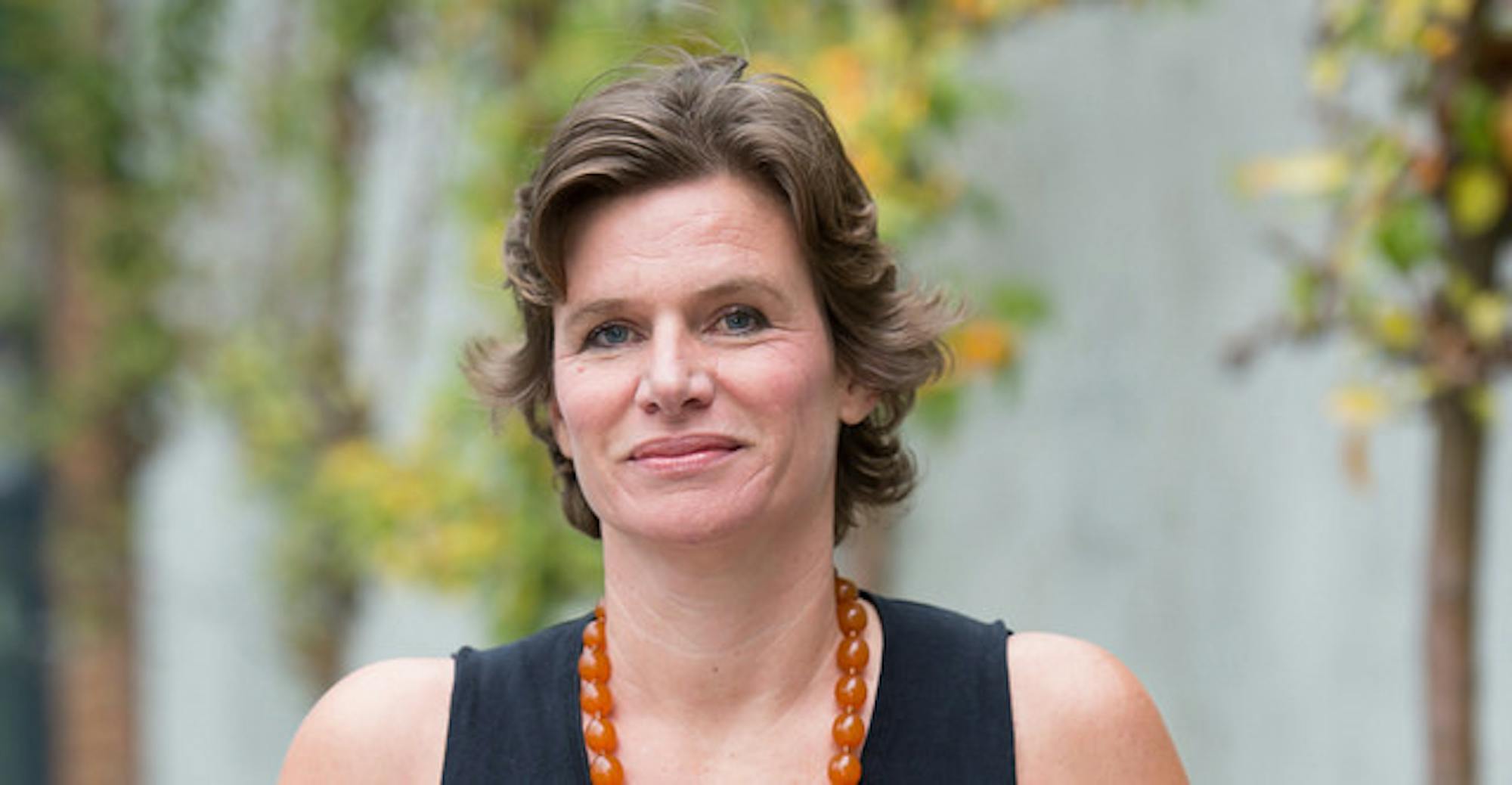The Global Development and Environment Institute (GDAE) at Tufts University announced Dr. Mariana Mazzucato and Dr. Branko Milanovic as the winners of its 2018 Leontief Prize for Advancing the Frontiers of Economic Thought on Oct. 4. The prize is given to economists "whose work combines theoretical and empirical research to promote a more comprehensive understanding of social and environmental processes," the Leontief Prize announcement said.
The Leontief Prize was created in 2000 in memory of Nobel Prize-winning economist and GDAE Advisory Board Member Wassily Leontief, the announcement said.
According to a GDAE press release, Mazzucato (LA '90) is being recognized for her research on the role of governments in fostering innovation, and Dr. Milanovic for his contributions to measuring and responding to global income equality.
"The recipient [of the prize] should be an economist who is writing and speaking to the economics profession, extending the frontiers of the discipline of economics from within," Erin Coutts, communications specialist for GDAE, told the Daily in an email. "The recipient's work should raise some theoretical issues about the nature of economics, challenging traditional views."
In the press release, GDAE Co-director Neva Goodwin explained why the prize's two winners were chosen.
"What has been insufficiently recognized, before the work of Mariana Mazzucato, is the critical role of governments in innovation and hence the role of the public sector in the process of wealth creation ... We also feel honored to salute Branko Milanovic for his creative application of economic tools and analysis to the topics of inequality, domestically and globally," she said.
Mazzucato is currently a chaired professor in the economics of innovation and public value and is director of the Institute for Innovation & Public Purpose at the University College London. Milanovic is a visiting presidential professor at the Graduate Center of City University of New York and senior scholar at the Stone Center for Socio-economic Inequality.
A member of the prize selection committee argued that Mazzucato is the biggest star in heterodox economics and that Milanovic is the world's best economist studying inequality and has built the only data on global inequality, Coutts told the Daily in an email.
Milanovic told the Daily in an email he was honored and pleased to receive the 2018 Leontief Prize.
"It is a prestigious prize and one needs only to look at the previous awardees to see how fundamentally they have influenced the shape of today’s economics and the world we live in," Milanovic said. "Moreover, it is the prize that, following Leontief’s own approach, aims to reward people who combine innovative work in economics with a strong emphasis on social issues, or more broadly with the view that economics is part of social sciences."
The awards will be given at a ceremony on April 17, where the recipients will give lectures on the theme "Globalization, Innovation and Inequality" on the Medford campus.
Milanovic said he planned to talk about global income inequality at his lecture.
"I plan to talk about the changing 'landscape' of the world: rising within-country inequalities, the role of capital income in that increase, and yet the growth of a global middle class fueled mostly by Asian economic success," Milanovic said.
He added that we are in a trying time for global economics.
"We are experiencing such seemingly contradictory movements in today’s world: smaller middle classes in the rich countries, bigger middle classes globally, reduction of global poverty but with those who are still poor falling increasingly behind, the emergence of plutocracy… It is hard to make sense of all of these things — but we must try," Milanovic added.
Milanovic also emphasized the importance of working on topics that one is genuinely interested in.
"If you choose to work on a topic just because it is popular, you become forever a hostage of changing fads, and seldom work on what you really like," he told the Daily in an email.
Global Development and Environment Institute awards 2018 Leontief Prize

Dr. Mazzucato (LA '90) is being recognized for her research on the positive role of governments in fostering innovation.





